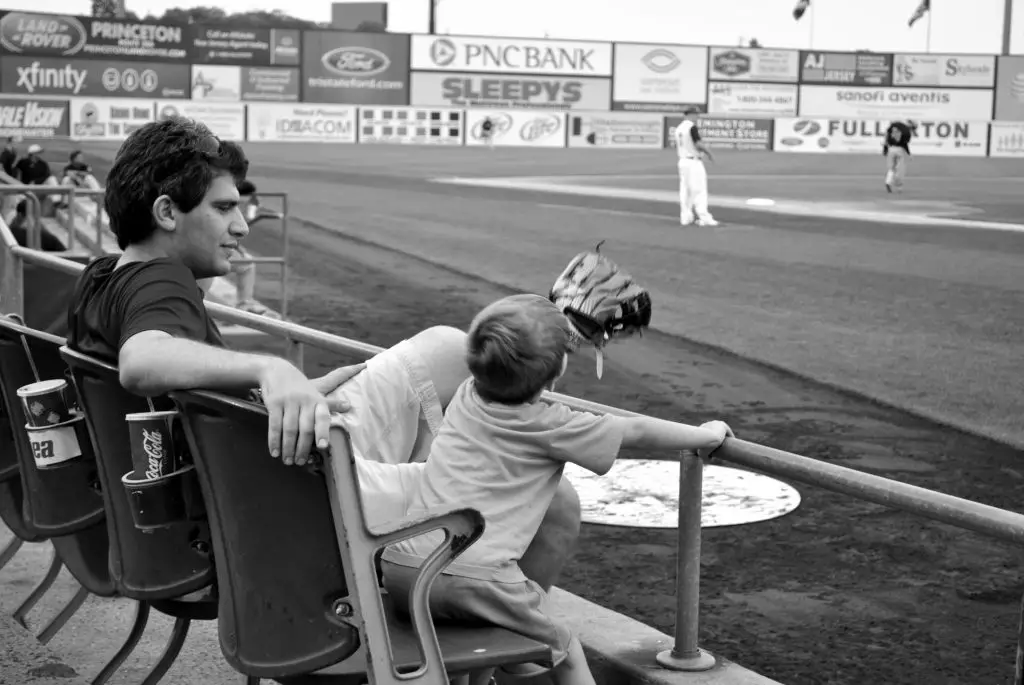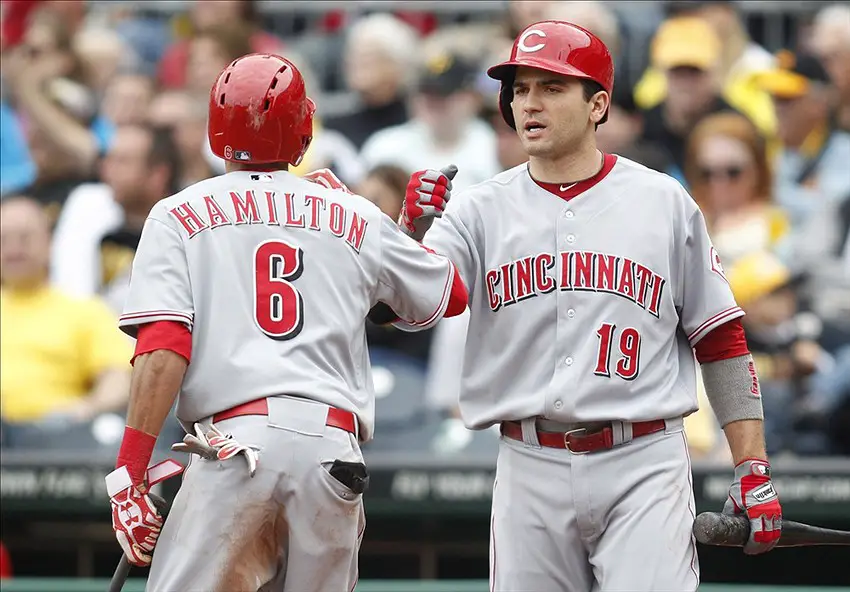Leave America’s Pastime Alone
The rule changes have only succeeded in alienating old fans and failing to attract new ones.
By Kristian Porter, Northern Kentucky University
I’ve lived near Cincinnati, Ohio, for the past fifteen years, and in those years, no memory stands out as more of a foundational piece of my childhood than baseball.
Every April, my family flocks downtown to stand in a sea of red and white for the annual Opening Day parade. To most people, the first day of baseball season probably doesn’t hold much importance, but to the city of Cincinnati, it’s a sacred holiday. Fred Schwed, Jr. famously said, “The citizens of this Ohio city do not consider Opening Day just as Opening Day. They consider it one small notch below Christmas.” And it doesn’t stop at Opening Day.
I can’t think of anything I would rather do than don a jersey and spend four hours baking in the sun, screaming at umpires over bad calls. With family, friends or coworkers, this is what we do. Cincinnati is baseball. And yet, in the last few years, the baseball I have come to know and love has been forced to change, as some claim that the game just isn’t relevant anymore.

Last week, Major League Baseball (MLB) announced yet another list of changes to the rules in an effort to make the game move quicker. This time, the MLB changed the intentional walk, allowing pitchers to forego the previously required four balls, opting instead to signal to the umpire that the player has been walked and immediately grant them first base. The organization also shortened the time managers have to challenge a call, and it has been rumored that there are plans to change the extra-innings procedure.
On top of these amendments, pitch clocks have been instated since 2015, limiting the amount of time a pitcher has between throws. These changes were enacted to make the sport appeal to more people, particularly those who criticize that baseball is boring and takes too long.
For nearly one hundred and fifty years, baseball has been America’s national pastime, but in recent years, the sport has struggled to connect with a younger generation of fans. Half of baseball viewers are fifty-five or older, the oldest of any sport, and no baseball players are on the list of young American’s thirty favorite sports figures.
Many attribute this decline of interest to society’s reliance on technology. Baseball is a sport that requires patience, and America’s culture of overstimulation and instant gratification does not lend itself to the sport. The changes to the game were intended to improve the “pace of play” and limit the amount of dead time between action, but how many changes can you make before you’re left with a sport that barely resembles baseball at all?
A baseball game can involve long hours with little movement, but it’s because of this buildup of suspense that moments of excitement feel more rewarding. This waiting time is one of the trademarks of the sport.
With the removal of the required four pitches for an intentional walk, the game loses an opportunity for something incredible to happen. A pitcher’s ability to throw a ball differs between players, and it’s not unheard of for a batter to get a hit off of a wild pitch. These moments of unpredictability are what make baseball so exciting, but altering the rule cheapens the experience of the game.
The same can be seen if they proceed with changing the extra-innings procedure. The Cincinnati Reds are notorious for being a ninth-inning team. I can’t tell you how many times I have watched anxiously as my home team came storming back from a significant deficit to tie it up at the end, leading the game into extra innings.

The crowd rises to their feet, and for those remaining at-bats, everyone comes together to will the team to win. No one dares to leave their seat, for fear of missing that one epic play that could call the game in the team’s favor (and of jinxing the game because, let’s be honest, baseball fans are full of superstitions).
The feeling of tension and suspense present during the limbo of extra innings, drug out even further by the dreaded waiting time, is the very essence of baseball. If the MLB continues to shave off minutes of the game to benefit people who don’t enjoy it, they risk losing the loyalty of those who love the sport for what it is.
Of course, this is not the first time the rules have been altered. Designated hitters weren’t allowed until 1973, and there have been many other changes over the years, but these pace of play rules feel different somehow. They feel personal.
As someone who grew up with a deep appreciation for the thinking man’s game, I am a purist at heart. There’s something pleasantly simple about a game of baseball. It’s not flashy. It’s a humble sport. Because the game has more downtime than basketball or football, there’s less room for players to show-off or demand attention.
You go to a baseball game not only for the sport, but for the atmosphere. You bring your family or a group of friends, grab a beer and a hot dog (maybe some peanuts and Cracker Jacks) and you hang out, knowing you’re there for the long run.
Baseball was made for long summer days that bleed into pleasant nights, for watching the home run fireworks flash on a canvas of stars, and for finding freedom from your worries for a few hours. It’s not a fast-paced sport, and it never will be. If the MLB continues to alter the ways of the game, everything that makes baseball great will be lost.
If someone can’t find joy in baseball, cutting down the game by a few minutes is not going to change their mind. But changing the very foundation of baseball to appeal to those who seek immediate fulfillment could be denying an entire generation from something they so desperately need: a break.

















